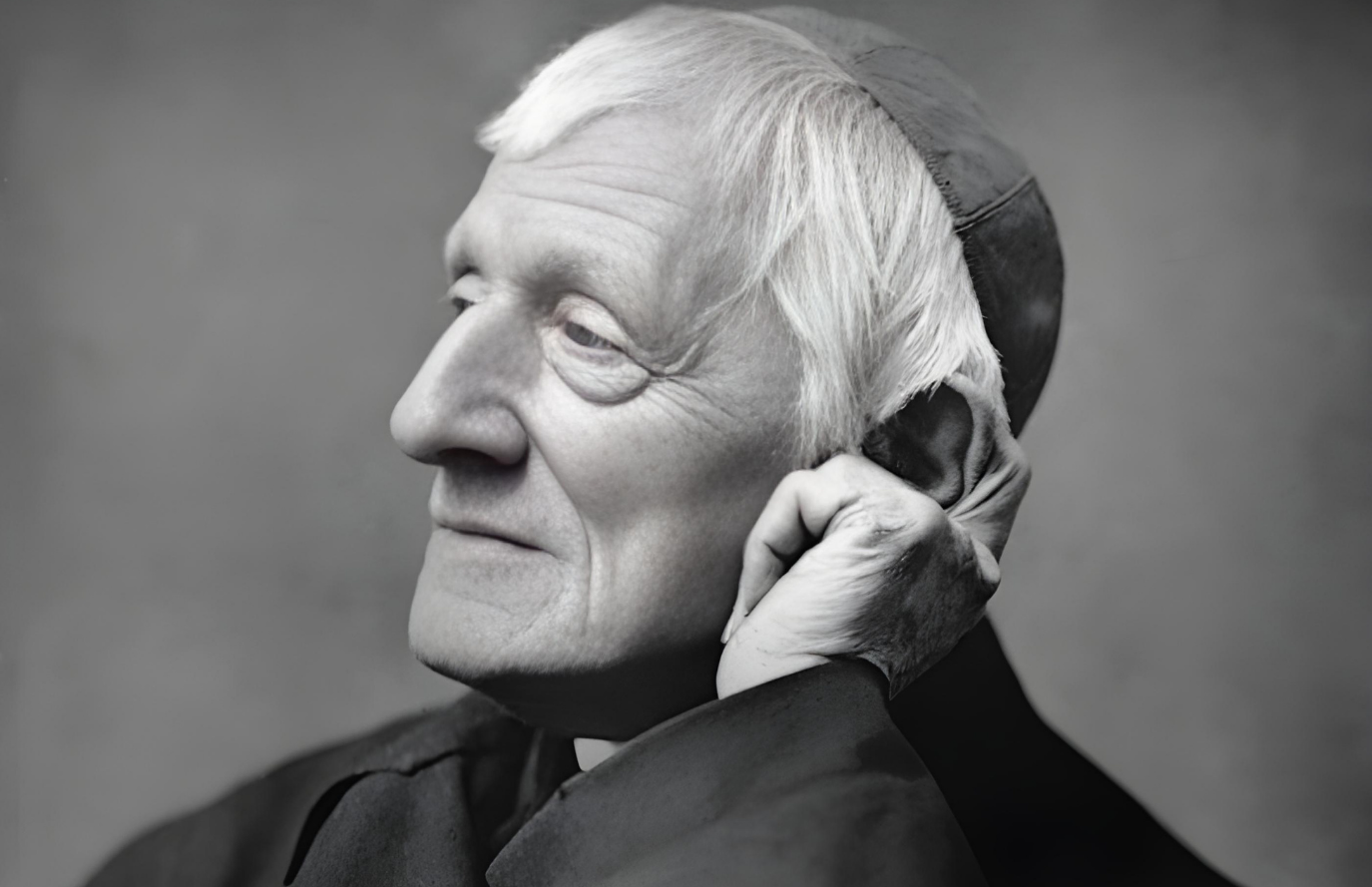
Exploring John Henry Newman’s Ideal Gentleman: Insights for Freemasonry
John Henry Newman epitomized the essence of a true gentleman. Despite facing scorn from many of his closest companions following his religious conversion, he responded with remarkable patience and kindness. In his renowned work “The Idea of a University,” delivered through lectures in Ireland in 1854, Newman offers a compelling portrayal of a secular gentleman of his era. His definition serves as a poignant reminder of the virtues of gentlemanliness, which seem increasingly scarce in today’s world. Newman’s insights provide invaluable guidance, particularly in a time when fundamental courtesies are often disregarded, emphasizing the enduring relevance of principles like those found in Freemasonry.
“He has his eyes on all his company; he is tender towards the bashful, gentle towards the distant, and merciful towards the absurd; he can recollect to whom he is speaking; he guards against unseasonable allusions, or topics which may irritate; he is seldom prominent in conversation, and never wearisome.”
John Henry Newman, from The Idea of a University, a series of lectures given in Ireland, 1852.
“Hence it is that it is almost a definition of a gentleman to say that he is one who never inflicts pain. He is mainly occupied in merely removing the obstacles which hinder the free and unembarrassed action of those about him; and he concurs with their movements rather than takes the initiative himself.
His benefits may be considered as parallel to what are called comforts or conveniences in arrangements of a personal nature; like an easy chair or a good fire, which do their part in dispelling cold and fatigue, though nature provides both means of rest and animal heat without them. The true gentleman in like manner carefully avoids whatever may cause a jar or a jolt in the minds of those with whom he is cast — all clashing of opinion, or collision of feeling, all restraint, or suspicion, or gloom, or resentment; his great concern being to make every one at his ease and at home. He has his eyes on all his company; he is tender towards the bashful, gentle towards the distant, and merciful towards the absurd; he can recollect to whom he is speaking; he guards against unseasonable allusions, or topics which may irritate; he is seldom prominent in conversation, and never wearisome. He makes light of favors while he does them, and seems to be receiving when he is conferring.
He never speaks of himself except when compelled, never defends himself by a mere retort; he has no ears for slander or gossip, is scrupulous in imputing motives to those who interfere with him, and interprets everything for the best. He is never mean or little in his disputes, never takes unfair advantage, never mistakes personalities or sharp saying for arguments, or insinuates evil which he dare not say out. From a long-sighted prudence, he observes the maxim of the ancient sage, that we should ever conduct ourselves towards our enemy as if he were one day to be our friend. He has too much good sense to be affronted at insults, he is too well employed to remember injuries, and too indolent to bear malice. He is patient, forbearing, and resigned, on philosophical principles; he submits to pain, because it is inevitable, to bereavement, because it is irreparable, and to death, because it is his destiny.
If he engages in controversy of any kind, his disciplined intellect preserves him from the blundering discourtesy of better, perhaps, but less educated minds; who, like blunt weapons, tear and hack instead of cutting clean, who mistake the point in argument, waste their strength on trifles, misconceive their adversary, and leave the question more involved than they find it. He may be right or wrong in his opinion, but he is too clear-headed to be unjust; he is as simple as he is forcible, and as brief as he is decisive. Nowhere shall we find greater candor, consideration, indulgence: he throws himself into the minds of his opponents, he accounts for their mistakes. He knows the weakness of human reason as well as its strength, its province and its limits.”
The stakes are high for Masonic organizations
John Henry Newman’s definition of a gentleman, as articulated in “The Idea of a University,” aligns closely with the principles upheld in Freemasonry. Both emphasize virtues such as integrity, respect, and kindness. Newman’s concept of a gentleman underscores the importance of moral character and courteous behavior, qualities that Freemasonry also encourages among its members. In Freemasonry, individuals are urged to cultivate personal growth and contribute positively to society, reflecting the ideals of a true gentleman as described by Newman. Therefore, Newman’s definition serves as a relevant reference point for understanding the ethos of Freemasonry, especially in today’s world where such principles are increasingly valuable and needed.
Written by Mark Leo, Founder & Principal
Mark Leo is a dedicated and passionate member of the Masonic fraternity, whose unwavering commitment has led numerous Masonic organizations to remarkable success. Recognizing the transformative power of digital marketing, Mark took the initiative to propel his own Masonic lodge into the digital age over 15 years ago. His exceptional leadership and vision soon gained widespread recognition, attracting Masonic organizations from around the globe seeking his expertise. As a result, Mark founded Masonic Web Master, a pioneering venture that continues to empower Masonic organizations with innovative digital solutions, leaving a lasting impact on the fraternity's online presence and success.







